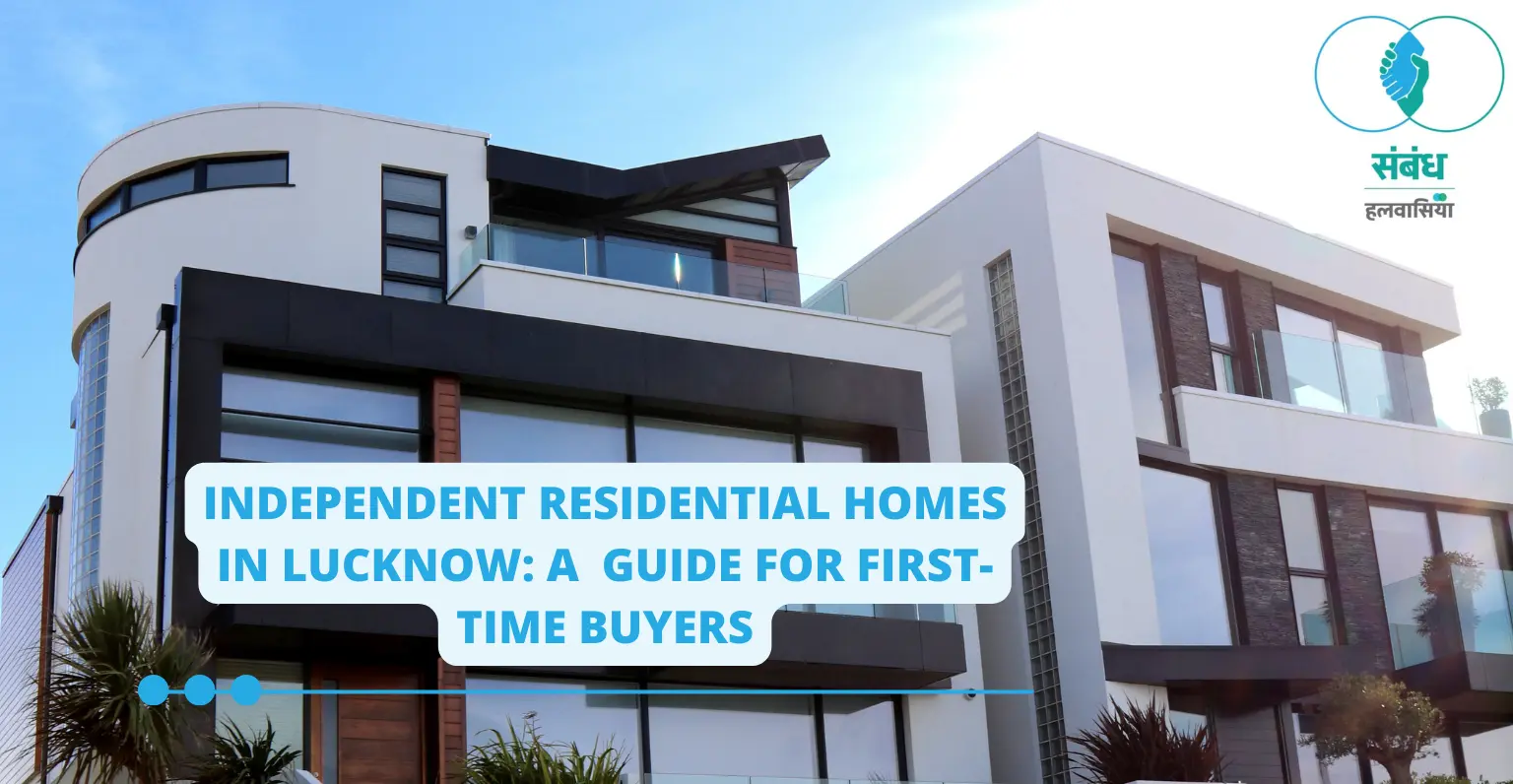The Current Landscape of Real Estate Technology: Trends Shaping the Industry

18 april
The Current Landscape of Real Estate Technology: Trends Shaping the Industry
Recently, industry of the real estate is fueled by technology. Buyers, sellers, and investors are seeking efficient ways to navigate the complex world of real estate. Various technological innovations are rising to the forefront and giving them more ideas and knowledge about how the real estate world works. In this blog, we’ll explore the key trends in real estate technology reshaping the real estate industry and the implications for stakeholders can see at every level.
PropTech
Property Technology, or PropTech in short, encompasses and shares a wide range of technologies and designs that have enhanced the buying, selling, and managing of properties in the real estate world. The startups and established companies have streamlined the innovative solutions and improved the users experiences. Virtual property tours have enabled seamless transactions PropTech is at the heart of the real estate technology revolution.
Zillow and Redfin, for example, have changed the way the buyer and sellers look in to the market of the real estate with database and advanced search capabilities. All these online platforms are not only providing the property information but also can calculate the mortgage calculations and neighborhood insights giving more clarity and understanding.
Artificial Intelligence and Big Data
Artificial Intelligence (AI) in today’s data and big data analytics are playing pivotal roles in the real estate sector. The AI algorithms analyze huge amount of data in the market like predicting the property value and market trends, and assess investment opportunities which is a great deal for buyers, sellers, or investors.
Companies like Roofstock use AI to analyze the property giving an insight to the investors and buyers potential returns and risks as well one might face. Predicting an analytics can help the real estate agents tailor their strategies int he market to the need of the buyer, increasing the successful transactions.
Virtual and Augmented Reality
Today, Virtual Reality (VR) and Augmented Reality (AR) are revolutionizing property viewing experiences. VR and AR, these two technologies have been allowing the buyers to take a virtual look into the property without even stepping out of their houses, saving time and money of the potential buyers and even reaching out the global audience in virtual form through sites and video calls.
Matterport, a 3D virtual tour technology, for instance, has been offering captures properties in stunning detail. The buyers have been able to navigate spaces, view floor plans, and even, have the idea of exact measurements of the rooms—enhancing the decision-making process of the buyer.
Blockchain Technology
Blockchain has now become a game changer in the real estate in terms of security and transparency of the the industry. By using this technology the transactions can be made with the customers without any brokers and intermediaries. This has reduced the risk of frauding and and builded armstrong trust between the seller and the buyer.
The simplification of the process in the real estate like title transfer and property ownership records are making the transaction quick and efficient for for the parties to make a payment and to receive, allowing buyers to buy properties using cryptocurrencies and facilitating cross-border transactions with ease without any difficulty.
Smart Homes and IoT Integration
The Internet of Things (IoT) is growing rapidly into the residential properties as days pass. Smart home devices like thermostats, security systems, and lighting controls have enhanced the energy efficiency, something which every buyer is looking for nowadays.
The real estates agents and developers the smart home technology have become a significant keypoint to sell the homes. With innovative technologies and security measures for the families have have become advanced and tech-savvy promoting sustainability and sustainable future as as with solar panels and other eco-friendly devices.
The Shift to Remote Work with Flexible Spaces
After COVID-19 pandemic, the remote works has increased and so is the significant shift in house purchasing preferences. A rapid increase work force working from home have started demanding for properties that accommodate built in and with home offices along with flexible living space.
The developers are now accepting to this trend and have started designing spaces that can serve multiple purposes homes for buyers. Adaptable workspaces, open-concept layouts, and access to outdoor areas are becoming essential features that buyers are seeking nowadays.
Sustainability and Green Building Practices
Sustainability in today’s date is not just a buzzword in fact it a essential in the real estate industry market. Eco-friendly properties are more likable that than of any other homes. Energy-efficient technologies and homes with sustainable materials are more like to be sold off faster than that of the other as people are have started practicing sustainability
Builders are considering these points into their perojets and have started creating green and eco-friendly building practices, such as solar panels, energy-efficient appliances, and sustainable materials.
Digital Marketing and Social Media
Social media and digital estate has transformed how real estate is marketed and works. From social media platforms, websites, and online advertisements to lead generation to online reputation building market has all the essential tools for real estate professionals to reach out it customers ont he vast market. High-quality visuals, virtual tours, and engaging content are crucial in capturing the attention of today’s consumers and buyers.
Platforms like Instagram and Facebook usage have increased and are being used to showcase properties through visually appealing posts and targeted advertisements The ability to reach out to a wider audience online has made digital marketing an indispensable component of any real estate strategy.
Crowdfunding and Fractional Ownership
Crowdfunding on social media platforms, a recently innovative way to draw potential buyers democratizing investment opportunities, allowing all the inventors and buyer to have one platform enabling more and more people to participate in real estate investments.
This also allows multiple investors to co-own a property reducing the risk and increases accessibility, making real estate investment more inclusive.
Conclusion
When real estate meets technology the magic happens with dynamic and innovation meeting the customers expectations. The industry continues to develop more and more features and essential improvements reshaping the industry of stakeholders—from buyers and sellers to investors and developers—must stay informed and adaptable. Enabling the technology with the real estate have over all improved the experience for everyone involved in the real estate ecosystem. This make technology remains a critical nd essential compound of the real estate industry’s future.





